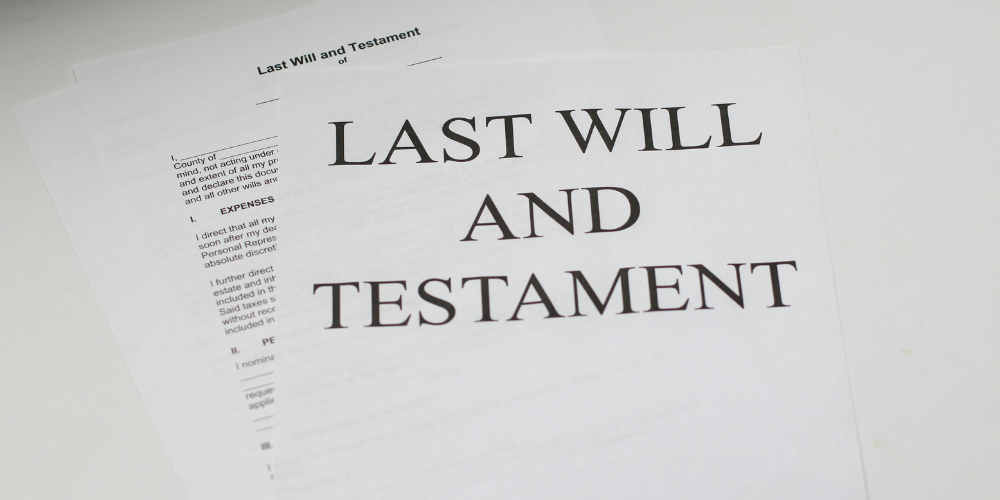How to Notarize Your Will: A Step-by-Step Guide

A last will and testament is a crucial part of any estate plan. It provides instructions for distributing your wealth after you pass away, ensuring that your legacy is handled according to your wishes. However, creating and signing a will is just the first step. To make your will legally binding and simplify the estate settlement process, you need to notarize it. Here’s how to go about it.
What Does It Mean to Notarize a Document?
Notarizing a document is the process of proving its authenticity. A notarized document is witnessed and signed by a notary public—a person appointed by the state to prevent fraud. Notarization adds an extra layer of protection by requiring all parties involved to prove their identity. Essentially, notarizing a document is like swearing an oath that the information contained within it is accurate.
Do You Need to Notarize a Will?
Most states do not require a will to be notarized for it to be legally valid. However, notarizing a will can simplify the estate settlement process. When you pass away, your heirs will need to prove the validity of your will through probate, a process that can be complicated and time-consuming.
By notarizing your will, you provide proof of its authenticity, potentially making it easier for your heirs to validate it. While notarization is not a requirement in most states, it can ease the probate process for your family.
Preparing to Notarize Your Will
Before you get your will notarized, gather all related documents and review them. Here are some tips for preparing:
- Review your will to ensure all information is up-to-date.
- Make any necessary amendments to your will.
- Print your will documents (do not staple or sign them yet).
- Identify your witnesses.
- Find a notary public.
It’s best to make any updates to your will before notarizing it to avoid repeating the process.
Where to Notarize a Will
Once you have your documents ready, you need to find a notary public to authenticate your will. Here are some options:
- Use your network: Many people have a notary in their network. Ask for referrals on social media or among colleagues.
- At-home notary services: Companies like Signing Agent offer notary services at your home. A quick online search can also find traveling notary services in your area.
- City or town clerk: Your local clerk’s office may have a notary on staff. Call ahead to check availability.
- Local courthouse: The local courthouse often provides notary services. Confirm this by calling ahead.
- Local banks: Many banks offer notary services. Most charge a fee, though it may be free if you have an account with them.
- Law offices: If an estate attorney helped create your will, their office might have a notary on staff, sometimes for an additional fee.
- UPS store: Some UPS stores offer notary services. Check with your nearest location for availability.
- Online notary services: Platforms like Notarize.com offer online notarization in certain states.
Witness Preparation
To notarize your will, arrange for two witnesses who are at least 18 years old. Some individuals cannot serve as witnesses, including:
- Blood relatives
- Relatives by marriage or adoption
- Anyone who will inherit from you
- Advocates named in your will, such as your executor
If you are notarizing a living will, witnesses cannot be relatives by blood, marriage, adoption, or domestic partnership.
Sign Your Will
Now that you’ve prepared your will and found a notary, it’s time to finalize the process. Here are some tips for your notary appointment:
- Have black pens and a photo ID ready for you and your witnesses.
- Choose your first and second witnesses to streamline the signing.
- Look for blank lines where initials and signatures are required.
- Ensure all documents are signed by both the notary and witnesses where necessary.
Build Your Legacy with Confidence
Congratulations! Your will is now valid. The final step is to store your documents securely.
Creating and notarizing your will is essential for protecting your legacy and securing your family’s future. With the convenience of online notary services, validating your estate planning documents is easier than ever. Ensuring your will is signed and notarized will ease the process for your loved ones during a challenging time.














